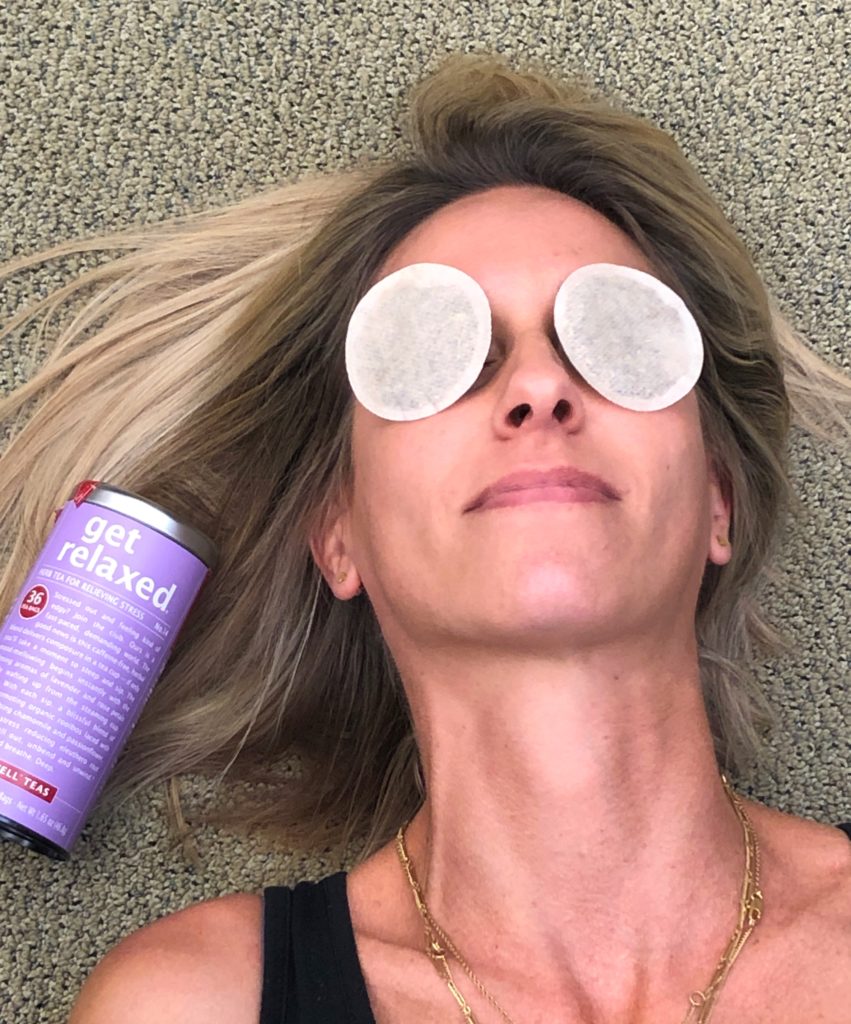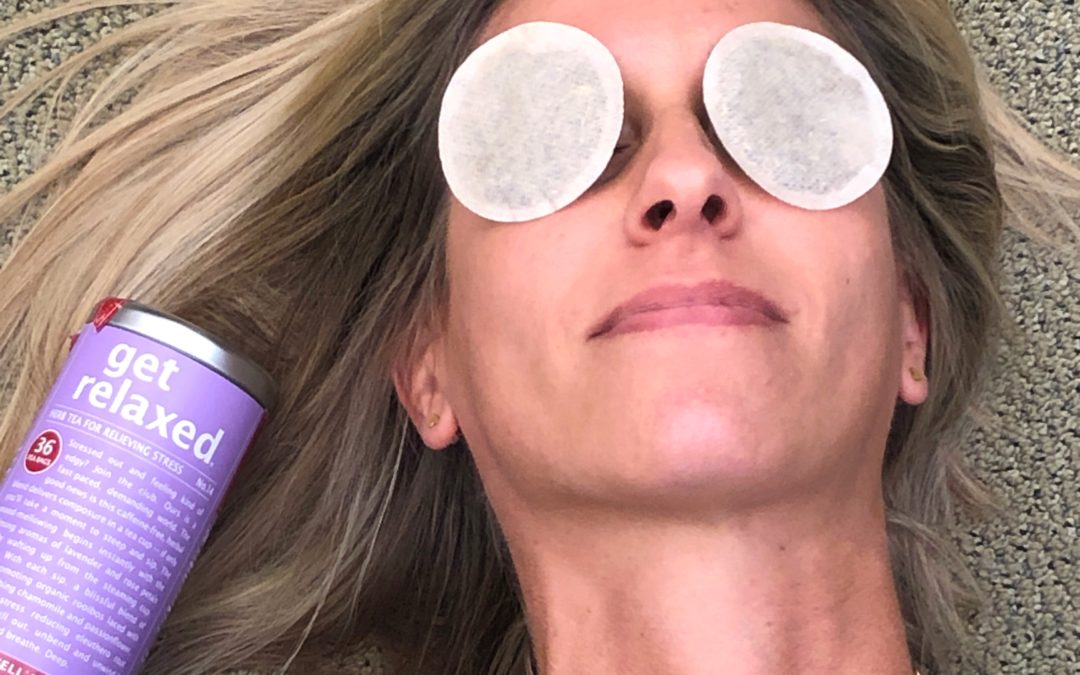
This is not an ad for the Republic of Tea, but I was here on their site today, and I did put 100 employees to sleep. No, not because I was totally boring. We were practicing the 12 steps for a better sleep routine! 2018 was the year of poor sleep for me. I don’t even like talking about it because I’m afraid of it happening again. While it is normal to have occasional sleep disturbances, consistently falling short of 7-9 hours of sleep per night can wreck havoc on health. According to the National Sleep Foundation, 1/3 of adults get an average 6 hours of sleep or less per night.
Examples of Lack of Sleep on Health
Body Weight
Sleeping poorly, or not enough, slows the body’s metabolism. Dieters who got less than 7 hours of sleep experienced 55% less fat loss compared to those who got 7 hrs or more (1). Sleep-deprived dieters also felt hungrier and produced higher levels of ghrelin, a hormone that triggers hunger and reduces energy expenditure.
Heart Health
In a study that tracked more than ½ million men and women of varied races, ages and ethnicities across 8 different countries, progressively shorter sleep was associated with 45% increased risk of developing/or dying of heart disease. (2)
Immune Function
Sleep fights infection/sickness by deploying the weaponry in your immune system. Whether you catch common cold depends on the amount of sleep you get. One study showed those who got less than 7 hours a night of sleep compared to 8 hours or greater increased their risk of infection by 3-fold. (3)
Mental Health
People with insomnia have greater levels of depression and anxiety than those who sleep normally. Data from the National Sleep Foundation states:
“The link between sleep and mood has been seen over and over by researchers and doctors. For example, people with insomnia have greater levels of depression and anxiety than those who sleep normally. They are 10 times as likely to have clinical depression and 17 times as likely to have clinical anxiety. The more a person experiences insomnia and the more frequently they wake at night as a result, the higher the chances of developing depression.”
12 Science-Based Steps to Better Sleep
Personally and professionally, understanding how to help people fall asleep and stay asleep has been extremely important. The following is my 12 step, science-based guide to better sleep. Much of the evidence comes from the research of sleep specialist Amy Bender, Ph.D.
DURING THE DAY:
Step 1: Get morning light. Exposure to more light during the day and less light at night is critical for healthy sleep patterns because it helps to calibrate the body’s internal “circadian” clock.
Step 2: Worry journal. Writing down to-do’s or worries at some point during the day (not before bed) can help get thoughts out of your head before bed.
Step 3: Try to stop eating 2-3 hours prior to bed. Our bodies need to be moving to restoration, not digestion. Digesting food interferes with the body’s ability to sleep, deep.
PRIOR TO BEDTIME:
Step 4: Avoiding looking at bright screens 1-2 hours prior to bed. Light from screens interferes with the brain’s ability to produce sleep-related hormones.
Step 5: Make your room chilly! Turn the temperature of your room to 60-67 degrees.
Step 6: Set the mood by turning down the lights. Give yourself some dark exposure prior to complete darkness. As I get ready for bed in my bathroom, I always dim my lights.
Step 7: Take a hot shower. Bring your body temperature up. When you crawl into cool sheets and a cool room, it makes it easier for your body to calm.
Step 8: Put on pajamas, not your comfy morning work-out clothes. Those go right beside your bed or in your bathroom.
Step 9: Perform some light stretching.
Step 10: Write down things you are grateful for.
Step 11: Read a real book, light read or boring book!
Step 12: Do the cognitive shuffle, 4,7,8 breathing technique or progressive relaxation.
Cognitive shuffling technique: Pick a word like “bedtime.” Imagine random objects that enter your mind that start with the letter “B.” Once you run out of “b’s” pick a word that starts with “c” and continue. This helps put a stop to ruminating thoughts like tomorrow’s to-do list.
4,7 8 breathing technique:Breathe in for four seconds, hold it for seven and slowly breathe out for eight counts. Repeat that four times before bed. This stimulates your parasympathetic or calming nervous system.
Progressive relaxation: Tense and relax different muscle groups one at a time starting with your feet and move up to your head.
As Arianna Huffington reminds us: “There’s practically no element of our lives that’s not improved by getting adequate sleep.”
References:
- University of Chicago Medical Center. (2010, October 5). Sleep loss limits fat loss. ScienceDaily. Retrieved August 20, 2019 from www.sciencedaily.com/releases/2010/10/101004211637.htm
- https://www.ncbi.nlm.nih.gov/pmc/articles/PMC2845795/
- https://www.ncbi.nlm.nih.gov/pmc/articles/PMC2629403/

